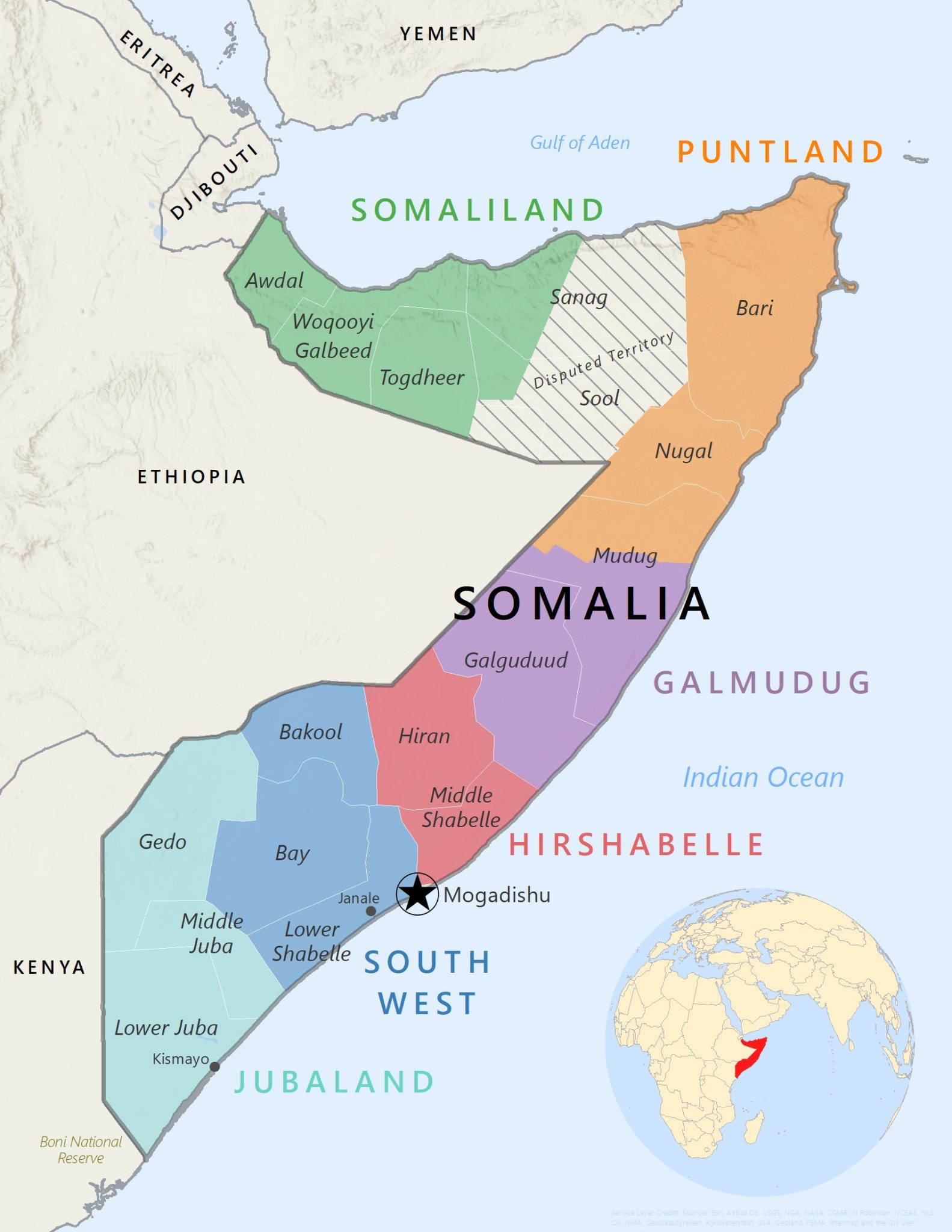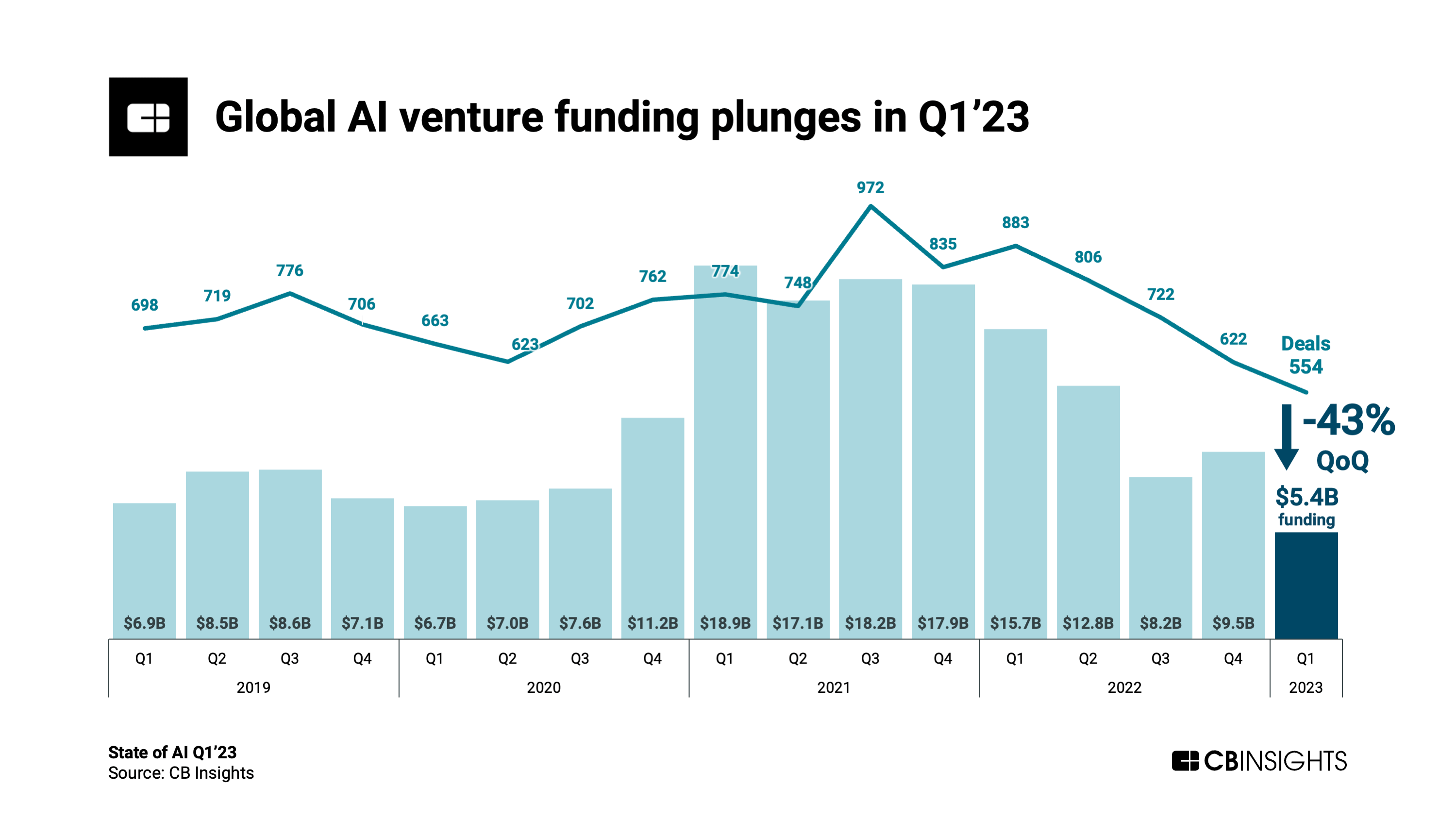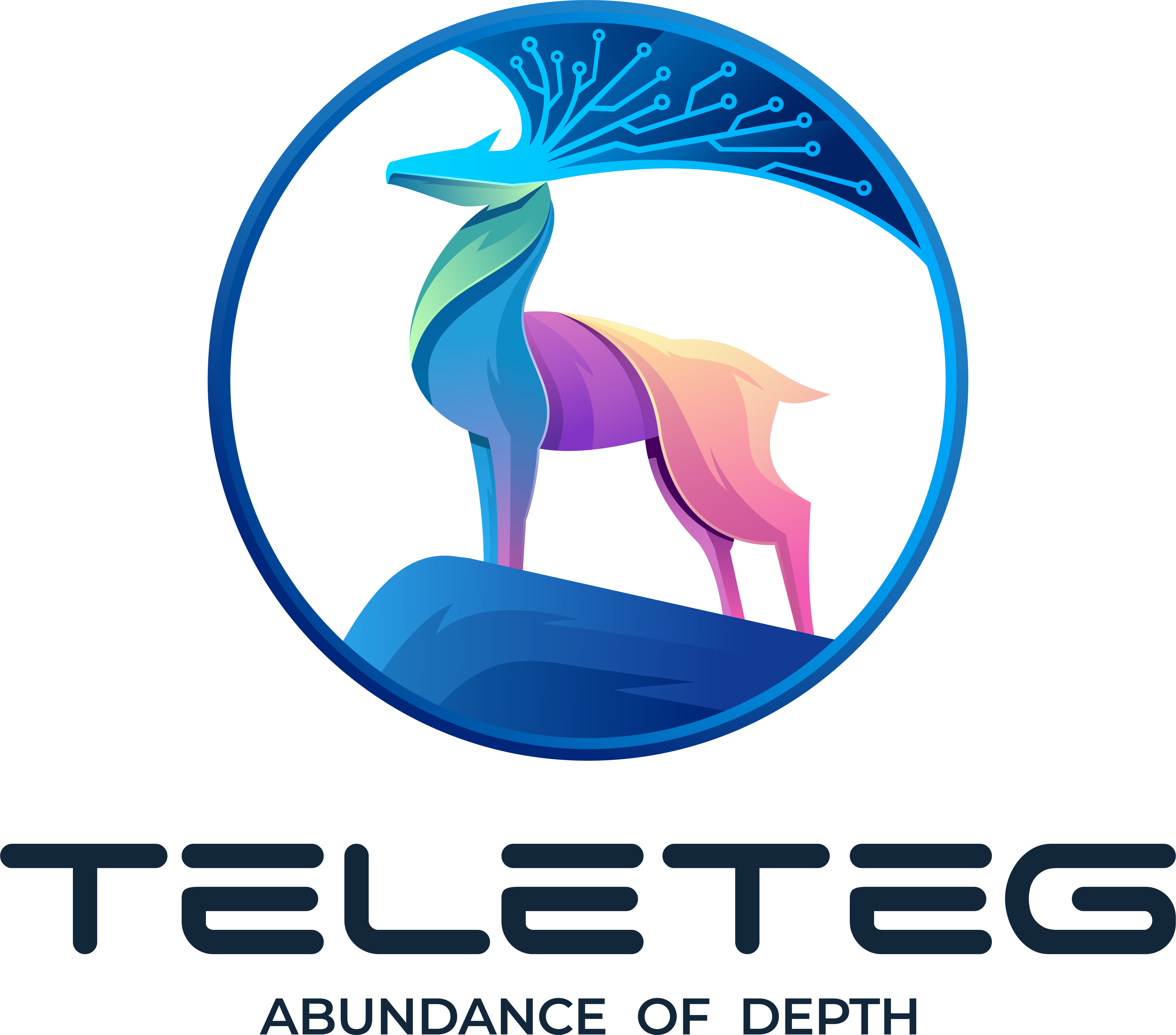Understanding 'Somaliland Telegram Wasmo 2022': Exploring Digital Conversations In The Horn Of Africa
Have you ever wondered about the digital pulse of an unrecognised nation, especially when a specific search term like "somaliland telegram wasmo 2022" sparks curiosity? It's a fascinating way, you know, to look at how people connect and share information in unique parts of the world. This particular search phrase, very interesting indeed, points to a moment in time, specifically 2022, and the use of Telegram within Somaliland. We're going to explore what that might mean for everyday folks there, and how online spaces truly reflect a community's life.
Somaliland, officially known as the Republic of Somaliland, is that, a place with a story all its own. It's located in the Horn of Africa, nestled along the southern coast of the Gulf of Aden, bordered by Djibouti to the west and Ethiopia to the south. This area, historically, includes parts of what we now call Somalia and Djibouti, so it has a deep past. In 1991, Somaliland declared its independence from Somalia, and while no country has officially recognised its sovereignty since then, it has, in a way, carved out its own path.
Despite this lack of international recognition, Somaliland really stands as a beacon of hope and resilience in Africa. Its unique political setup, its economic independence, and its democratic ways set an example for other nations, you see. It's an autonomous region, often described as northwestern of Somalia and southeastern of the Gulf of Aden, with Puntland to its east. So, when we talk about digital interactions, like those on Telegram in 2022, we're talking about a vibrant, self-governing society that's actively participating in the global digital conversation, which is pretty cool, if you ask me.
Table of Contents
- Understanding the Search Query: "Somaliland Telegram Wasmo 2022"
- Somaliland: A Brief Look at the Nation
- Telegram in Somaliland: Digital Lifelines
- Online Trends and Conversations in 2022
- Digital Safety and Community Guidelines
- The Future of Digital Communication in Somaliland
- Frequently Asked Questions
Understanding the Search Query: "Somaliland Telegram Wasmo 2022"
When someone types "somaliland telegram wasmo 2022" into a search engine, they're typically looking for something specific related to online activity in Somaliland during that year. This query, you know, combines a geographic location, a popular messaging app, and a timeframe, along with a term that can have various meanings depending on context. It's quite interesting to consider what people are hoping to find when they use such a phrase, as it often points to broader interests in local digital happenings.
The primary audience for this kind of search might be people living in Somaliland themselves, perhaps those in the diaspora looking to stay connected, or even researchers interested in digital communication patterns in unrecognised states. Their interests usually revolve around understanding local online culture, finding specific communities, or maybe even learning about digital trends that shaped daily life in 2022. The pain points could involve finding reliable information, avoiding misinformation, or simply connecting with others who share similar interests. So, in a way, it's about finding a slice of online life.
The search intent here, in most cases, tends to be informational. People are probably seeking details about how Telegram was used, what kinds of discussions were prevalent, or perhaps even the general online atmosphere in Somaliland during 2022. It's not usually about buying something or navigating to a specific website, but more about gathering knowledge. Secondary keywords that might pop up alongside this could be "Somaliland online community," "Telegram groups Hargeisa 2022," or "Somaliland digital communication." These phrases, too, reflect a desire for information about local digital interactions.
- Where Is Frankie Katafias Download
- Jhony Sins
- Preet Jatti Viral Video Xxx
- Thomas Massie Wife Autopsy
- Lilithberry Nude
Looking at Google Trends for similar queries, you often see spikes related to specific events, or perhaps, you know, general increases in internet penetration. In 2022, there were many global discussions around digital privacy, the role of messaging apps in news dissemination, and community building online. These broader trends would, arguably, also influence how people in Somaliland used platforms like Telegram. It's all part of the bigger picture of how digital tools weave into daily life, and that's something worth thinking about.
Somaliland: A Brief Look at the Nation
Somaliland, as we've noted, is an unrecognised country in the Horn of Africa. It's bordered by Djibouti to the west, Ethiopia to the south, and the autonomous region of Puntland to the east. To its north lies the Gulf of Aden, which gives it access to important maritime routes. This geographic position, you see, has historically made it a crossroads for trade and culture, which is quite significant. Its government, in fact, considers the territory a successor state to the former British Somaliland protectorate, which gained independence in 1960.
The story of Somaliland is one of remarkable self-reliance. After declaring independence from Somalia in 1991, following a brutal civil war, it embarked on a path of rebuilding and state-building without much international aid or recognition. This has meant, in some respects, that its people have had to innovate and rely on their own resources and ingenuity. This spirit of independence is really quite tangible when you look at how the country has developed its own institutions, its own currency, and its own democratic processes. It's a testament to their determination, truly.
Somaliland's unique political system, economic independence, and democratic governance truly set an example for other nations, as I mentioned earlier. They've held multiple presidential and parliamentary elections, which is, honestly, a big deal for a region in a sometimes turbulent part of the world. This stability has allowed for a degree of economic growth and social development that is, arguably, quite impressive given its circumstances. So, when people are using platforms like Telegram, they're doing so within a society that has built its own framework for public life and communication.
The population of Somaliland is diverse, and like many places, they've embraced digital communication tools. Located north of the equator, its climate and landscape vary, but the common thread is the increasing connectivity. The internet and mobile phone penetration have grown steadily over the years, making it easier for people to access information, connect with loved ones, and participate in online discussions. This growing digital footprint means that platforms like Telegram play an increasingly important role in daily life, shaping how information flows and how communities interact, which is pretty much the case everywhere now, isn't it?
Telegram in Somaliland: Digital Lifelines
Telegram, as a messaging application, has found a strong foothold in many parts of the world, and Somaliland is no exception. Its features, like large group chats, channels for broadcasting information, and a focus on privacy, make it a very attractive option for various uses. In Somaliland, it serves as a digital lifeline for many people, connecting individuals, families, and communities, both within the country and with the vast diaspora scattered globally. It's a way, you know, to bridge distances.
During 2022, Telegram was likely used for a multitude of purposes in Somaliland. For instance, it could have been a primary tool for sharing local news and updates, especially in a region where traditional media might have limitations or be slower to disseminate information. Community groups, focused on anything from local governance to shared hobbies, probably thrived on the platform. People could easily organize events, discuss local issues, or simply chat with friends and family. This kind of immediate communication is, arguably, very important for daily life.
Beyond personal communication, Telegram channels would have been used by businesses to announce promotions, by educational institutions to share assignments, or by NGOs to coordinate aid efforts. Its ability to host very large groups means that it can act as a public forum for discussions on social, economic, or political topics. This capacity for broad communication makes it a powerful tool, and in a place like Somaliland, it could even facilitate civic engagement and public discourse, which is, you know, really valuable.
The appeal of Telegram also lies in its perceived security and privacy features, which are, you know, quite important for users everywhere. While no platform is completely impervious, Telegram's end-to-end encryption for secret chats and its general commitment to user data protection make it a preferred choice for many. This aspect would have been a significant factor in its widespread adoption in Somaliland during 2022, as people increasingly became aware of digital security concerns. It's a pretty big deal for many users, actually.
Online Trends and Conversations in 2022
The year 2022 saw several interesting online trends globally, and these would have, in a way, resonated within Somaliland's digital spaces, including Telegram. One significant trend was the continued rise of community-driven content. People were, you know, increasingly looking for niche groups and discussions that aligned with their specific interests or identities. This meant a proliferation of specialized Telegram channels and groups, catering to everything from local market discussions to shared cultural interests, which is pretty much how things go online now.
Another major trend was the growing awareness of misinformation and disinformation. As more people relied on social media and messaging apps for news, there was a heightened need for critical thinking and fact-checking. In Somaliland, where access to diverse news sources might be limited, Telegram groups could become crucial hubs for information sharing. This also meant that discussions around verifying information and identifying fake news would have been, arguably, very common, and something people had to learn to navigate.
The increasing use of multimedia content was also a big part of 2022's online landscape. Videos, voice notes, and images became even more central to online conversations. On Telegram, this means that groups and channels were likely filled with a rich mix of text, visual, and audio content, making interactions more dynamic and engaging. This shift, you know, allows for more expressive communication and can sometimes convey messages more effectively than just plain text, which is pretty cool.
Furthermore, the digital economy continued to grow, and online platforms became more integrated into everyday commerce. In Somaliland, this might have translated into more small businesses using Telegram to advertise products, take orders, or provide customer support. The informal economy often thrives on direct communication, and Telegram provides a very accessible way for entrepreneurs to connect with their customers. This is, essentially, a natural progression of how technology helps local economies, and it's quite exciting to see.
Finally, there was a noticeable push towards digital literacy and online safety. As more people, including older generations, joined online platforms, there was a greater need for education on how to use these tools responsibly and securely. This could involve discussions within Telegram groups themselves about protecting personal data, recognizing scams, or maintaining respectful online interactions. These conversations are, in fact, vital for building a healthy digital environment, and they were probably happening quite often in 2022.
Digital Safety and Community Guidelines
With the widespread use of platforms like Telegram, digital safety becomes, you know, incredibly important for everyone. For users in Somaliland, just like anywhere else, understanding how to protect personal information is a key step. This includes being careful about what details you share in public groups, being wary of suspicious links, and using strong, unique passwords for your accounts. It's about being smart online, which is, basically, a universal truth now.
Community guidelines, whether formal or informal, also play a big role in shaping healthy online interactions. In Telegram groups, for example, participants often establish their own norms for respectful discussion. This might involve rules about avoiding hate speech, refraining from spreading unverified information, or maintaining a polite tone even during disagreements. These unspoken or explicit rules are, in a way, what keep online communities functional and welcoming for everyone involved.
Another aspect of digital safety involves recognizing and reporting inappropriate content or behavior. If a user encounters something that makes them uncomfortable or seems harmful, knowing how to use the platform's reporting features is crucial. This helps maintain a safer environment for all users and holds individuals accountable for their online actions. It's a collective effort, you know, to keep the digital space a good one.
For parents and guardians, teaching younger generations about responsible online conduct is, arguably, more important than ever. This includes discussing privacy settings, the permanence of online posts, and the importance of thinking before sharing. These conversations help build a foundation for safe digital habits from a young age, ensuring that children can navigate the online world with confidence and caution. It's a continuous learning process, really, for everyone involved.
Finally, staying informed about the latest online threats and security updates is a good practice. Cybercriminals are always finding new ways to trick people, so being aware of common scams, phishing attempts, or malware can help users avoid becoming victims. Regularly updating the Telegram app, for instance, ensures you have the latest security patches. This vigilance is, essentially, a small but significant part of keeping yourself safe in the digital age, and it's something we should all consider.
The Future of Digital Communication in Somaliland
Looking ahead, the role of digital communication in Somaliland is only likely to grow. As internet access becomes more widespread and affordable, more people will come online, and platforms like Telegram will continue to be central to their daily lives. This expansion means more opportunities for connection, learning, and economic activity. It's a pretty exciting prospect, honestly, for a nation building its future.
We might see, for instance, an even greater integration of digital tools into public services. Imagine government announcements, public health campaigns, or even voter education efforts being widely disseminated through Telegram channels. This could make information more accessible to a larger portion of the population, especially in remote areas. It's a way, you know, to bridge gaps and ensure everyone stays informed, which is pretty vital.
The growth of digital entrepreneurship is also a very promising area. As more Somalilanders gain access to online platforms, they can connect with markets beyond their immediate vicinity, both domestically and internationally. This could lead to new businesses, job creation, and overall economic development. Platforms like Telegram, with their ease of use and broad reach, could very well be instrumental in fostering this growth, which is, truly, a wonderful thing to consider.
Moreover, digital communication will continue to play a crucial role in maintaining cultural ties and identity, especially for the Somaliland diaspora. People living abroad can stay connected with their homeland, share cultural events, and participate in discussions about their heritage. This helps preserve traditions and strengthens the bonds of community, no matter where people are in the world. It's a powerful tool for connection, in some respects, that goes beyond just everyday chat.
As Somaliland continues its journey of self-determination and development, its digital landscape will undoubtedly evolve. The conversations happening on platforms like Telegram, whether about daily life, news, or community matters, reflect the vibrant spirit of its people. Understanding these digital interactions gives us a glimpse into the heart of a resilient nation. It's a pretty interesting way to see how technology shapes societies, and that's something worth thinking about.
Frequently Asked Questions
How is Telegram used in Somaliland?
Telegram in Somaliland is typically used for a variety of purposes, including personal communication with friends and family, sharing local news and updates, participating in community discussions, and for business-related activities. Many people, you know, find it a convenient way to stay connected and informed.
What were the main online communication trends in Somaliland during 2022?
In 2022, online communication trends in Somaliland likely mirrored global patterns, with an emphasis on community-driven content, increased awareness of misinformation, and a greater reliance on multimedia content like videos and voice notes. There was, arguably, also a growing focus on digital safety and literacy.
Is digital privacy a concern for Telegram users in Somaliland?
Yes, digital privacy is generally a concern for Telegram users everywhere, including in Somaliland. Users often appreciate Telegram's perceived security features, like end-to-end encryption for secret chats. People are, honestly, becoming more aware of the importance of protecting their personal data online.
Learn more about Somaliland on our site, and discover more about digital trends on this page Telegram Official Website.

The 2022 Somali Offensive Against al-Shabaab: Making Enduring Gains

Wasmo Somali Telegram Kaliya: The Ultimate Guide For Everyday Folks

How To Download Telegram Wasmo Muqdisho: A Comprehensive Guide